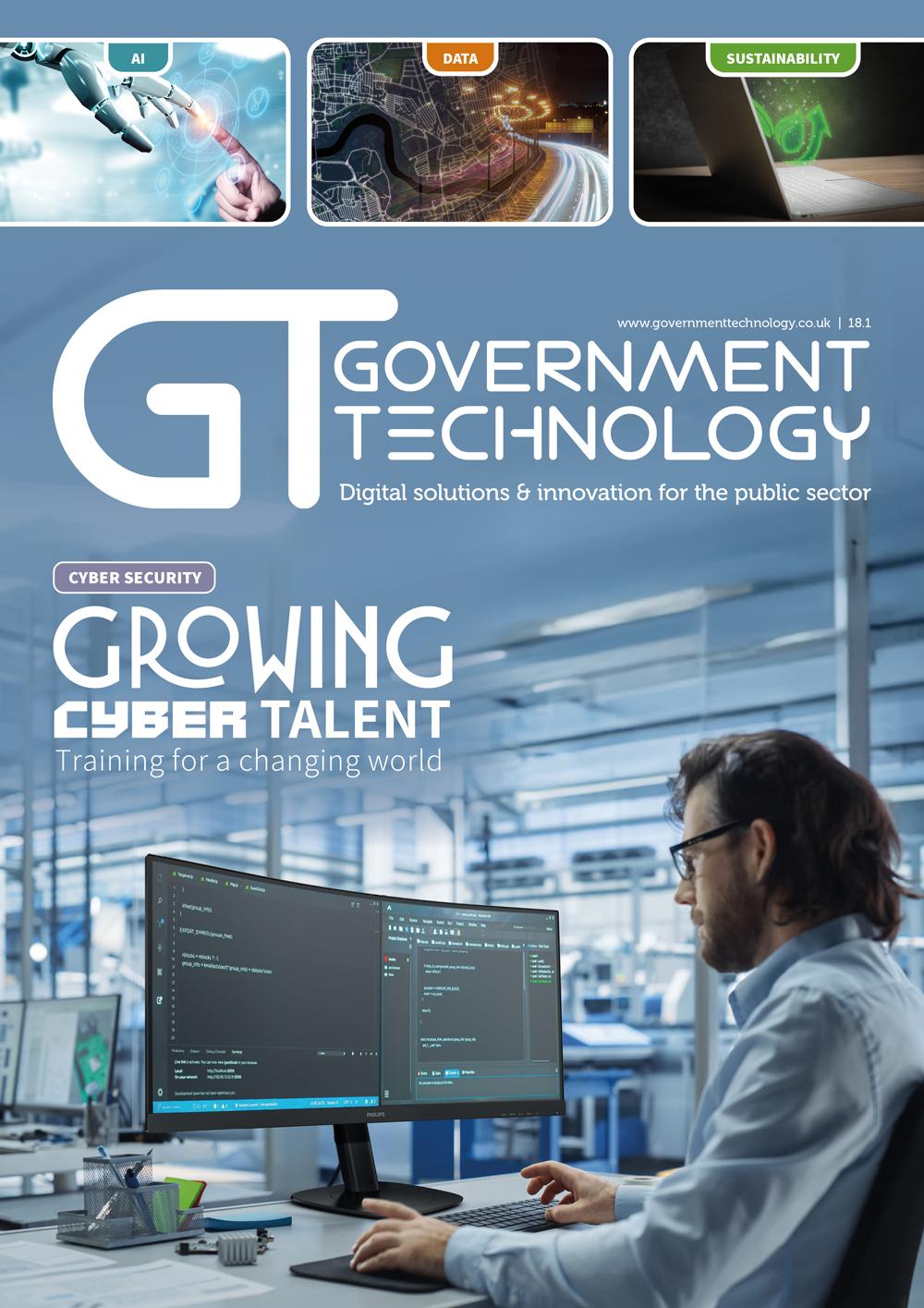The Medicines and Healthcare products Regulatory Agency (MHRA) has issued new guidance to help manufacturers meet UK medical devices regulations and ensure digital mental health technologies are effective, reliable and acceptably safe.
Digital mental health technologies, such as mental health apps, AI-powered assessments, and virtual reality therapy, are increasingly being used by individuals and the NHS.
Digital mental health technologies that diagnose, prevent, or treat conditions using complex software must meet medical device standards to ensure they are effective and acceptably safe - the same as any other medical device.
The new guidance explains how to define and communicate the intended purpose of a digital mental health technology; when a digital mental health technology is considered a medical device under UK law; and how risk classification is determined, ensuring proportionate regulation for different types of technologies.
Rob Reid, deputy director of innovative devices at the MHRA, said: "Effective and acceptably safe digital tools have huge potential to improve mental health support, making help more accessible than ever. This new guidance aims to support safe access to these important tools by clarifying when a product needs regulatory approval and the steps developers must take. Maintaining clear and proportionate regulatory standards will ensure that the public can trust these technologies and benefit from the safe, effective mental health support they can provide."
Mark Chapman, director of HealthTech at NICE, said: "Providing more detailed guidance to the developers of digital mental health technologies helps us to ensure that technologies being considered for NICE assessments have received an appropriate level of regulatory scrutiny to assure their safety. There are many types of technologies available, and it is important people can understand how regulations apply to different products. This guidance will help inform our evaluations and ensure that NICE is able to publish useful, usable, and timely guidance that allows people with mental health conditions to access safe and effective innovations faster."


